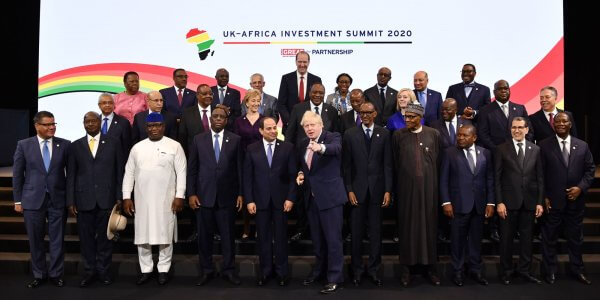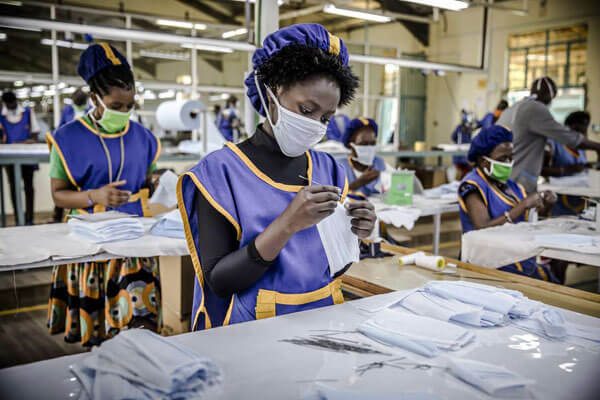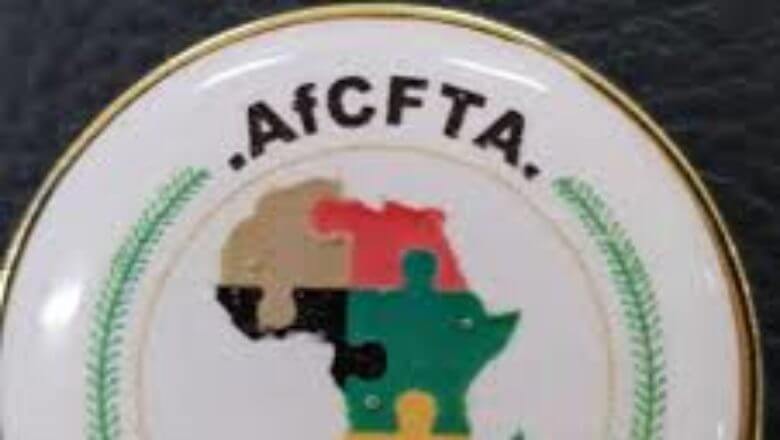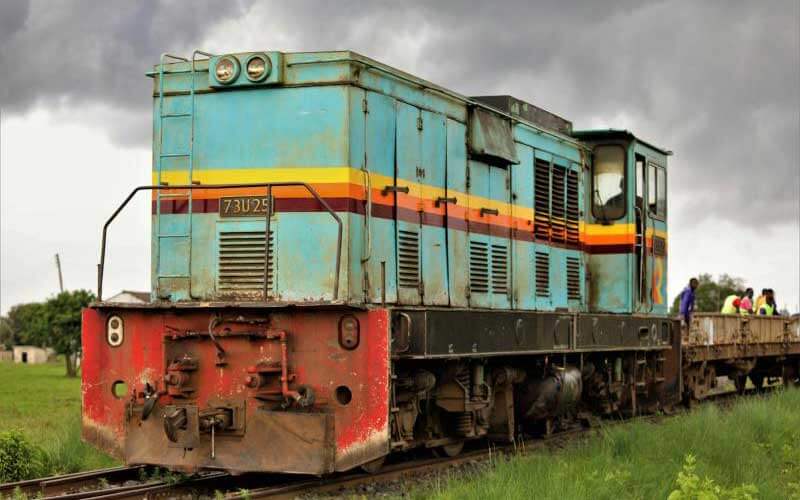Non-tariff barriers to trade (NTBs) or sometimes called Non-Tariff Measures (NTMs) are trade barriers that restrict imports or exports of goods or services through mechanisms other than the simple imposition of tariffs. The Southern African Development Community (SADC) defines a non-tariff barrier as any obstacle to international trade that is not an import or export duty. They may take the form of import quotas, subsidies, customs delays, technical barriers, or other systems preventing or impeding trade." According to the World Trade Organisation, non-tariff barriers to trade include import licensing, rules for valuation of goods at customs, pre-shipment inspections, rules of origin ('made in'), and trade prepared investment measures. One of the reasons why industrialised countries have moved from tariffs to NTBs is the fact that developed countries have sources of income other than tariffs. This explains the fact that most developing countries still rely on tariffs as a way to finance their spending. Developed countries can afford not to depend on tariffs, at the same time developing NTBs as a possible way of international trade regulation. The second reason for the transition to NTBs is that these barriers can be used to support weak industries or compensation of industries which have been affected negatively by the reduction of tariffs. The third reason for the popularity of NTBs is the ability of interest groups to influence the process in the absence of opportunities to obtain government support for the tariffs. With the exception of export subsidies and quotas, NTBs are most...
Ending non-tariff barriers could unlock Africa’s riches
Posted on: May 19, 2020
Posted on: May 19, 2020






















